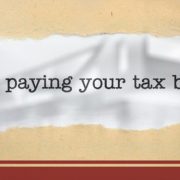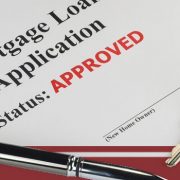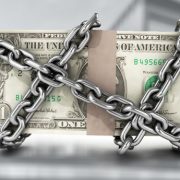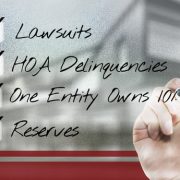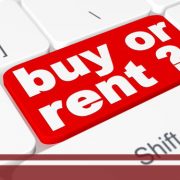The Secret to Making Collection Agencies Stop Contacting You
A little known fact is that collection companies have to abide by a set of laws when collecting debts, which are laid out in the “Fair Debt Collection Practices Act.” If you want a collection agency to stop contacting you, the next time you are on the phone with them, politely say: “Per the Fair Debt Collection Practices Act, I formally request you to stop calling me. Please contact me in writing from this point forward. Good bye.” And voila, the phone calls will stop immediately.
Next, here’s how you make the collection letters stop. Copy and paste the following template into a Word document, and fill in your own details as applicable. Print the letter and send it via registered mail. The collection companies will be forced to stop contacting you. This works guaranteed. Email me your success story!
“Today’s Date
Attn: Collection Manager/ Legal DEPT. VIA USPS Registered mail # 123456789
XYZ COMPANY and FAX (555)555-5555
RE: Alleged Acct# 123456789 – Cease and Desist”/Formal Dispute
Your name and address
To: Collection Manager/ Legal Dept.
In reply to your letter, dated 01/01/0101 and received 02/02/0202, and your daily phone calls, please be advised of the following:
I. I am disputing the above alleged account in its entirety in accordance with the FTCPA. Please provide a copy of all relevant documentation, including but not limited to, signed contract/agreement, itemization/ account history, communication log, etc., to validate this alleged debt.
II. Please “Cease and Desist” all collection activities immediately.
III. You are hereby notified NOT to contact me at my home, place of employment, or by phone.
IV. You are hereby notified that any adverse credit reporting will result in extreme legal actions against your company and the alleged original creditor.
V. For the record, I have been in direct contact with the police department to assist in a pending case of identity theft, which I have been a victim of.
Please check the facts before “jumping” to any type of illusive conclusion that may cause your company and the alleged original creditor to face a vigorous lawsuit. This will serve as a “formal dispute” in reply to your attempt for collection.
Best regards,
Cc: Experian, Equifax & Trans Union
BBB, FTCPA/Sacramento, CA”




